What is the Eurovision Song Contest?
Started way back in 1956 as a way of drawing a fractured Europe back together with the healing power of music, the Eurovision Song Contest, or Concours Eurovision de la Chanson – the contest is telecast in both English and French – is open to all active members of the European Broadcasting Union, which oversees the competition.
Each country is permitted to submit one three-minute song to the contest – a song which is selected by a variety of means, usually a winner-takes-all competition such as Sweden’s renowned Melodifestivalen – which they perform in one of two semi-finals in the hopes of making it to the glittering grand final.
Only six countries have direct entry into the grand final:
- The Big Four who fund most of the contest – UK, Germany, France and Spain
- The host country (which is the winner of the previous year’s contest)
- Italy, who didn’t take part for many years and was re-admitted in 2011 after a 14 year absence (it was one of seven countries that competed in the first event), making the Big Four the Big Five.
The winner is chosen by a 50/50 mix of viewer votes (you cannot vote for your own country) and a jury of music industry professionals in each country, a method which was chosen to counter the alleged skewing of votes based on political and/or cultural lines when voting was purely the preserve of viewers at home.
Past winners include, of course, ABBA in 1974 with “Waterloo” and Celine Dion who won for Switzerland in 1988 with “Ne partez pas sans moi”.Above all though, the Eurovision Song Contest is bright, over the top and deliciously camp, a celebration of music, inclusiveness and togetherness that draws annual viewing figures in the hundreds of millions.
FRANCE: “Voilà” by Barbara Pravi
THE ARTIST
A woman possessed of a rich and storied multi-ethnic heritage with roots extending as far as Serbia, Iran (her maternal grandfather is the famous Iranian painter Hossein Zenderoudi), Poland, and North Africa, Barbara Pravi is a triple threat, consummately adept at singing, songwriting, and acting.
Signed to Capitol Music France in 2015 with three EPs to her credit – Barbara Pravi (2018), Reviens pour l’hiver (2020) and Les prières (2021), Pravi has done well for herself on the stage to scoring the lead role in the musical Un été 44 in 2016.
An artist whose fantasy ice cream flavour is “sunshine” and who believes cats are so angry “because the mice are on holidays”, Pravi has had the chance to work with a number of artists including Yannick Noah, Julie Zenatti, Chimène Badi and Jaden Smith, even helping to pen the song “J’Imagine” which helped Valentina and thus France to win Junior Eurovision 2020.
“A passionate advocate for women’s right’s” according to her Eurovision bio, Pravi is one of those people who’s not only a talented artist but a wonderful human being too.
THE SONG
She’s also possessed of one of the most moving standout tracks of 2021’s Eurovision Song Contest.
“Voilà” is all the Piaf and classic chanteuse beauty you could ask for, redolent with intensely passionate vocals, heart-stoppingly beautiful and piercingly vulnerable lyrics that see that artist, rather fittingly, bare her soul and all that she is for the whole world to see.
Classical it might be in much of its sound and delivery, “Voilà” isn’t even slightly derivative, building upon a gloriously emotive history of French singing and adding to it with a song that is very much her own and full of so much raw and powerfully-expressed humanity.
It’s impossible to listen to this song and not be deeply and mightily moved, and it’s hard to see how France can’t do well with this gem of song which moves the soul and impels you to sing along as best as you can, all the while swept in emotions so rich and all-encompassing, it’s as if all of life has sprung vibrantly and expansively alive all around you.
GERMANY: “I Don’t Feel Hate” by Jendrik
THE ARTIST
Apparently Jendrik loves his ukelele, and he has his sister to thank for it.
Or rather his ability to take someone’s else present, in this case hers, and make it very much his own signature instrument upon which he “started to compose songs for his parents and siblings”.
His Eurovision bio compares his acquisition of the ukelele to Elton and his paino or Lizzo and her iconic flute solos, and while you might be inclined to take this at face value, the fact is the ukelele has figured prominently in his artistic career, even featuring at his thesis topic at the Osnabrück University of Applied Sciences.
As have laundries, with the cheese-obsessed, Carly Rae Jepsen-loving artists constructing his own laundrette and enlisting his friends to create a home made to impress the German selection panel for Eurovision 2021.
But having got the judges “into a spin” – his Eurovision bio’s “dad joke”, not mine – has he got what it takes to make all of Europe get sudsy with him (Okay that’s all mine)?
THE SONG
Sadly, and I say this with a heavy heart because his song, “I Don’t Feel Hate” is a frothy thing of bigotry-fighting fun that is impossible not to like.
A LOT.
Winningly combining ska, tap, big band, and an exuberant zestfulness that infuses this whole vibrant slice of high-energy pop, “I Don’t Feel Hate” is an absolute joy to listen to, the perfect combination of light, buoyant music with some inspirational importnat lyrics.
But is it substantial enough to really leave a lasting, contest-winning mark? I don’t think so but the song is such a happiness-inducing shot in the arm, that it should ensure Germany’s places rather well because after a year of grinding pandemic, who doesn’t want some giddy musical fun?
ITALY: “Zitti E Buoni” by Måneskin
THE ARTIST
Forgot those tenors, Italy is serving up the heavy-hitting delights of Måneskin, comprising vocalist Damiano, bassist Victoria, guitarist Thomas, and Ethan on drums.
While they’ve known each other since school days, they didn’t start making sweet music with attitude until 2015, drawing, according to their Eurovision bio, from an eclectic mix of “rock and rap, to reggae, funk and pop.”
With a name drawn from the Danish word for moonlight as a tribute to Victoria’s home country, the band who are from Rome but who are currently headquartered in London working on new album Teatro d’ira – Vol I made a name for themselves by finishing second in the 2017 season of X Factor.
They went one better in 2021 winning the Sanremo Music Festival and stand at the threshold of possible Eurovision greatness but can their song “Zitti E Buoni” deliver on all their rock-filled promise?
THE SONG
Well, while it may not win the contest for Italy, it is a damn good piece of hard-hitting rock perfection.
The song is a melodically-rich, vocally strong of rocking guitar heaven than decries the sheep around them, celebrating the fact, with more than a hint of cynical exhaustion, that “we are different from them”.
While Finland has also gone the hard rock again this year, Måneskin feel like they have the superior song on offer, performing it with swaggering intent, gothic fervour and a clear eye on the fact that you can rock hard and still deliver up an insanely accessible song.
Look for “Zitti E Buoni” to do rather well with voters thought of course much will depend on whether the people of Europe are in a “rock their cares away” state of mind or a more contemplative mode?
Given pandemics and their effects don’t thankfully come along too often, we may not know until the big night itself although it’s a fair bet the semi-finals will tell us which way the musical winds of Europe are blowing.
SPAIN: “Voy A Quedarme” by Blas Cantó
THE ARTIST
If you have any familiarity with the hispanic pop music scene, you will know that Spain’s representative to Eurovision this year is a Very Big Deal.
A man of many talents, Cantó reputedly loves performing live, a handy thing when it comes to the biggest singing contest in all of Europe, has had a hit solo album with Complicated (Facebook love affair not gone smoothly perhaps?) which is a swirling and impressive mix of a number of genres and has won an award for Best Spanish artist at the MTV European Music Awards.
That kind of success is the result of kicking things off early, at the tender age of four to be precise when Cantó started to learn the piano and the trumpet at music school; for all the instrumental study however, his first love was always singing, something he got to do a lot of in boy band Auryn who released four albums, of which they sold a combined 14 million copies.
The artist also almost made it to Junior Eurovision, coming second at Eurojunior, the Spanish selection show for the event proper and against almost to Eurovision itself in 2011 where Auryn tried to snag the coveted entrant’s gig for Spain.
But now he is here, all these many years later, and the question on everyone’s lips (besides where the hell did he get that immensely cool white jacket) is – can he make the most of his long-sought after opportunity?
THE SONG
With a voice like he lets loose on the meditatively beautiful “Voy A Quedarme”, there’s every chance.
While the song is competing with some knock ’em out of the park efforts from the likes of France and Switzerland, and likely won’t best them, there’s a touching emotiveness to Cantó’s voice that ensure you feel every last word that he sings to a lover.
All too aware that time can be short and life holds more other possibilities, he begins his precious love to stay put, to let him love them now as he intends to far into the future, investing the song with a poignant and achingly romantic spirit that gets right into your heart.
Whether it’s enough to rise above the pack is the million dollar question because for all its loveliness and vocal prowess expended upon it, it’s a little too middle of the Top 40 herd to possible really be as distinctive as it needs to be for Spain to really leaves its mark on this year’s competition.
THE NETHERLANDS: “Birth of a New Age” by Jeangu Macrooy
THE ARTIST
Let’s be honest – much as love getting gifts for our birthday, most of them land without leaving a trace.
Not so the guitar Jeangu Macrooy got for his 13th birthday, an instrument that made such an impact upon the young teenager that he formed a band with his twin brother Xillan.
Not a bad way to start his career, and confirmation that his parents are damn near savant when it comes to gift giving, but it was not enough for the burgeoning talent who left his native Surinam at the age of 20 for the bright lights, and massive opportunities of the Netherlands.
A stint at music college, the recording and release of a soulful debut album, High on You and performances at major music festivals like North Sea Jazz followed (as did an Edison Pop Award nomination, thank you very much) all followed, culminating in second album Horizon which was, and I quote his official Eurovision bio here, “critically acclaimed by both press and public.”
Macrooy is also deeply philosophical, believing that “the more I learn, the less I know” and that music and emotions make the world go round … but do they win you Eurovision?
THE SONG
In the case of the musical melding of Suriname and the Netherlands which is “Birth of a New Age” they just might.
A thunderingly rhythmic paean to the glories of resilience and enduring hope, the song is intended to inspire people to hang in there and do great and mighty things of necessary change and to form life-changing communities as they do so.
“Emotions, good and bad, are a universal language. I hope the song makes people feel a little less lonely in their search for happiness. I think that openness and honesty about how we really feel will ultimately bring us closer. I believe in the power of music to bring people together. It’s the reason I do what I do.”
Anchored by a gorgeously affecting beat and soul-stirring vocals, both leading and backing, “Birth of a New Age” is magnetically, hauntingly, inspiringly beautiful, a worthy follow-up for the host country which will place highly with this goosebump piece of pop perfection.
UNITED KINGDOM: “Embers” by James Newman
THE ARTIST
James Newman has done well for himself, and we don’t mean simply because he’s made it to the Eurovision stage as Britain’s anointed representative.
Quite apart from co-writing the British Single of the Year, “Waiting All Night” (performed by Rudimental and Ella Eyre), in 2013, a track that also earned the artist his first UK Number 1, a feat matched not that long after by a co-writing credit on a Calvin Harris track called “Blame” that made it to the top spot on the charts in a host of countries including the Netherlands, Sweden, Norway and Mexico.
If that wasn’t enough, and let’s be fair who would want to stop there, glorious a set of achievements as they were, Newman has also worked with Ed Sheeran, and co-written Gammy-nominated songs for Tony Braxton and Kesha.
But Newman has also, naturally enough, dreamed of singing his own songs, something he managed when he lent vocals to the Armin Van Vuuren song “Therapy” in 2018 and again in 2020 with “Slow Lane” and which he will of course do at Eurovision with a track which is also about burning brightly, no matter what.
THE SONG
Lyrically “Embers” is a song for our current COVID-blighted age, one in which we’ve been reduced metaphorically to ashes and many of us are wondering how we’re going to rise up again.
Sporting joyously upbeat music and “we’re in this together” lyrical sensibility, “Embers” is a gorgeously inspirational piece of gospel-tinged pop that will have everyone up dancing as their weary souls get a sorely needed motivational pick me up.
The only downside to the track is its somewhat generic Top 40-ness and while this is reasonably noticeable, a strong grand final performance from Newman should see the UK with their strongest hope in a while to rise about the bottom of the voting table.
Given Europe’s seeming antipathy, or simply ambivalence to the United Kingdom, there’s no guarantee that will happen but if anything’s going to do it, it’s this foot-tapping slice of happiness that will likely have a life beyond this year’s contest.

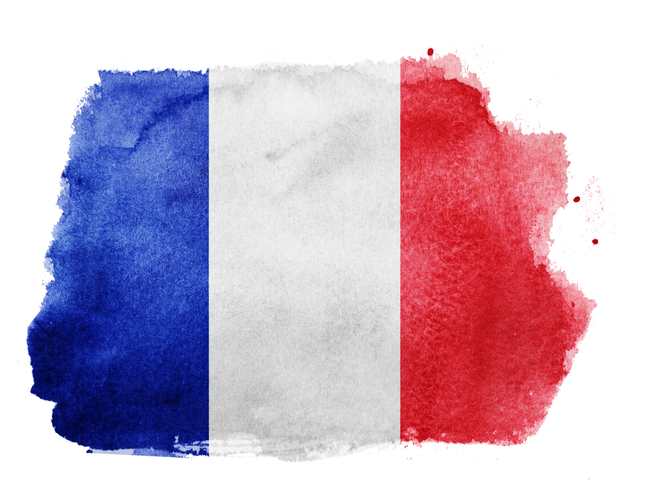
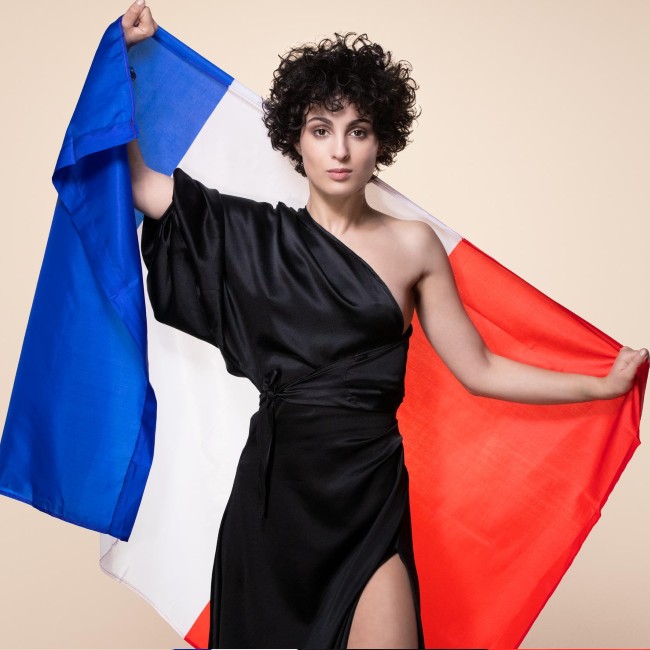
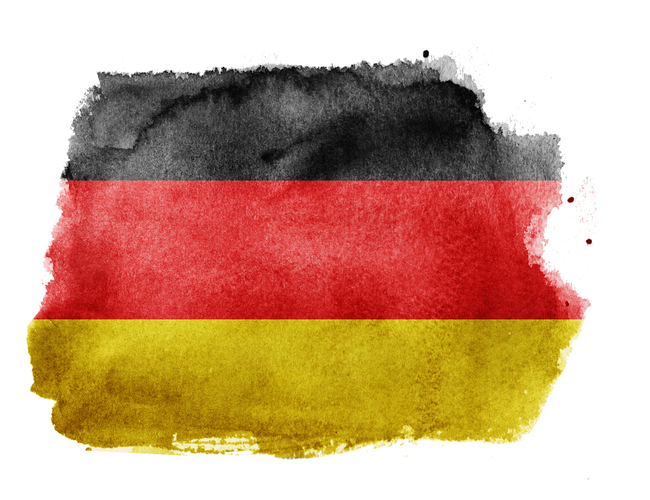
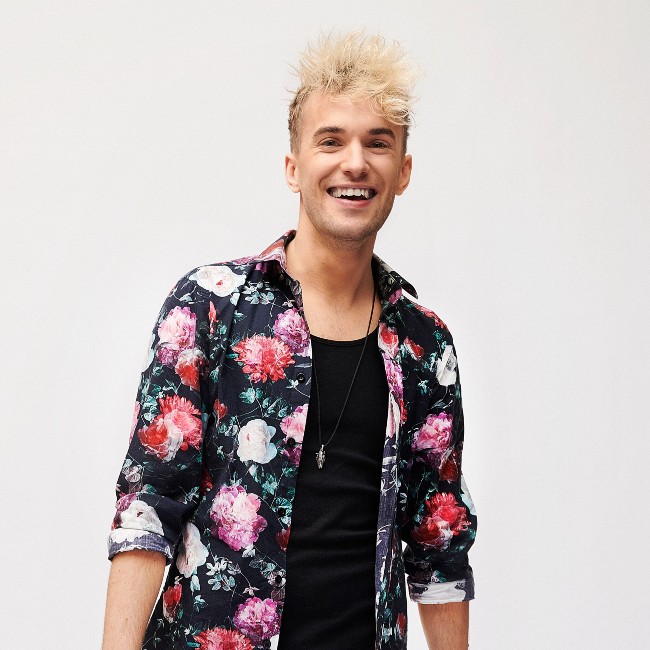
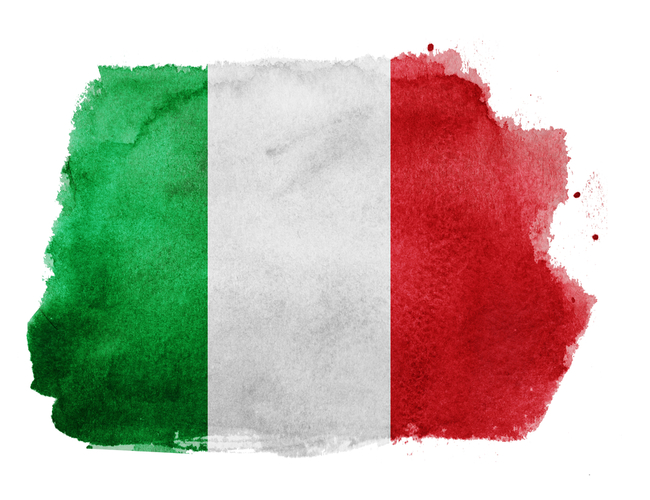
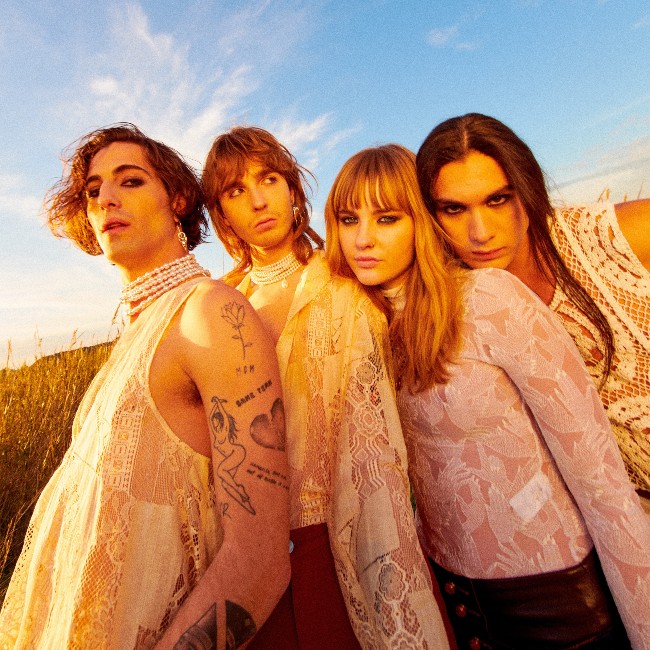
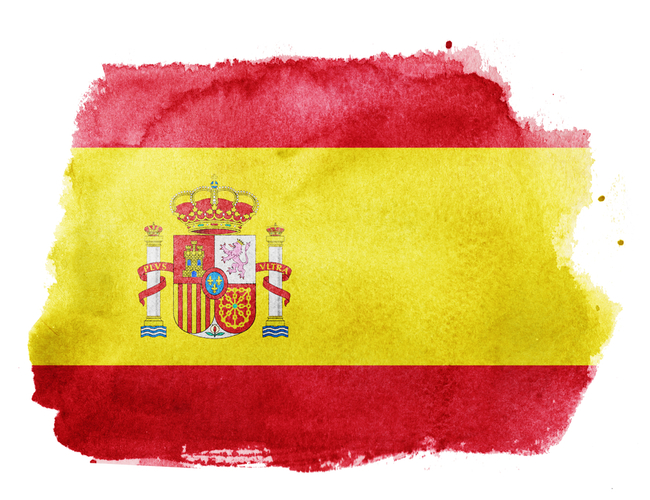

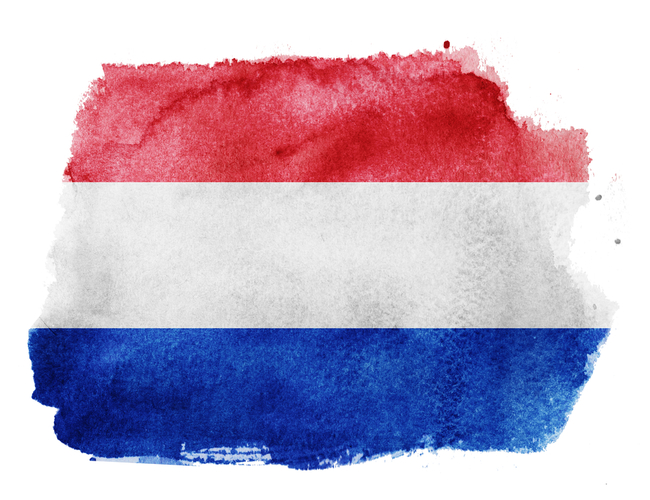
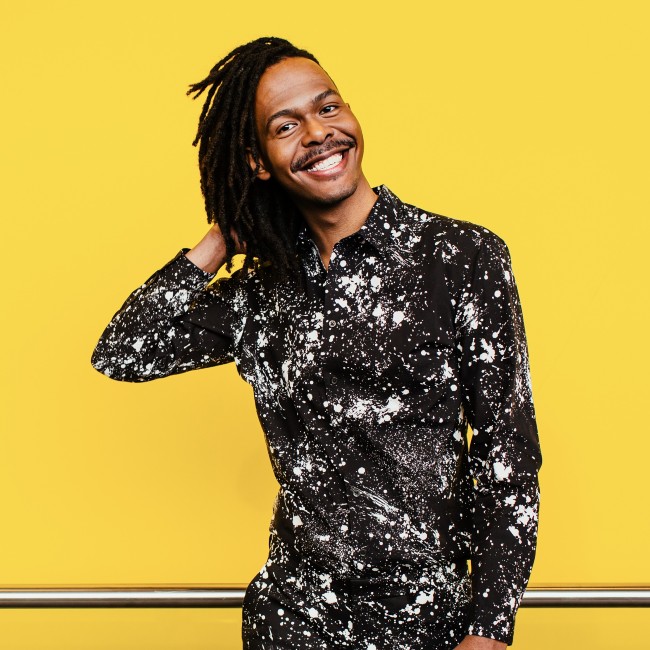
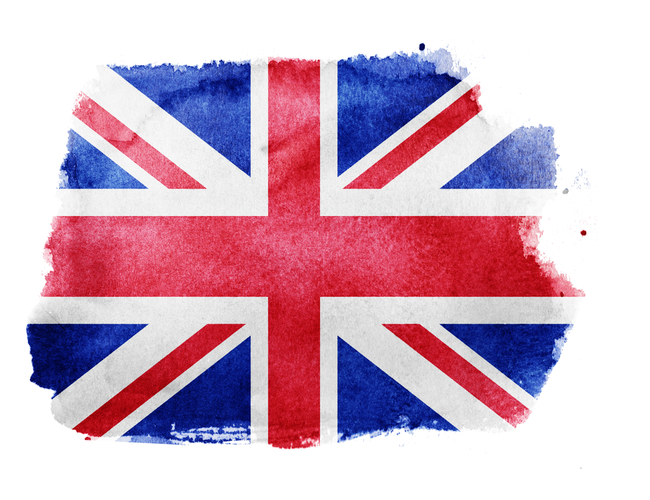
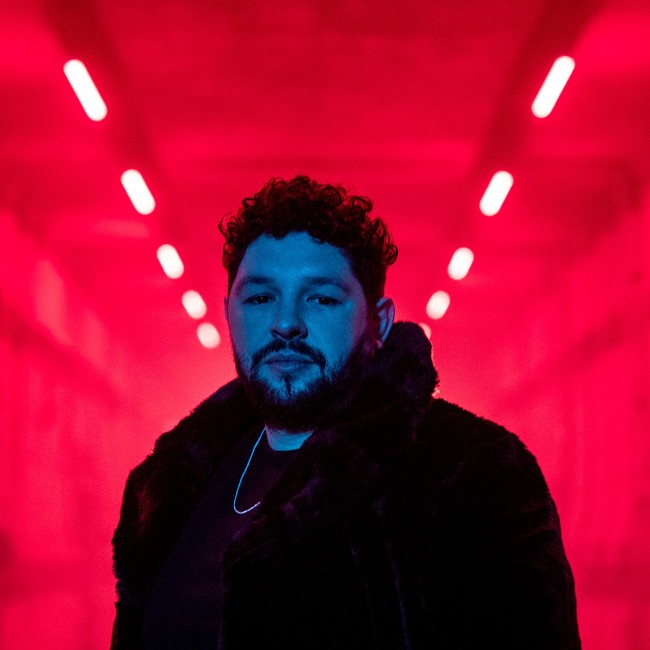
For me the best of this bunch is Spain – a beautiful ballad. I agree though that it will be hard for it to stand out enough. I originally dismissed the song but then on my dog walking rediscovered it.
I really like the UK but it needs a gimmick and a power performance that it may not have.
And the Netherlands score well for me on originality.
I still wonder if France and Italy will do as well on the night as people suggest.
Definitely a year that’s difficult to call